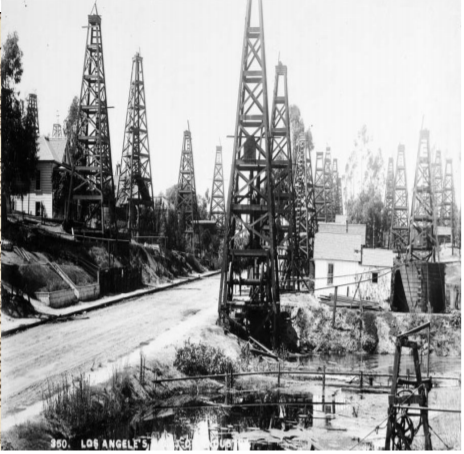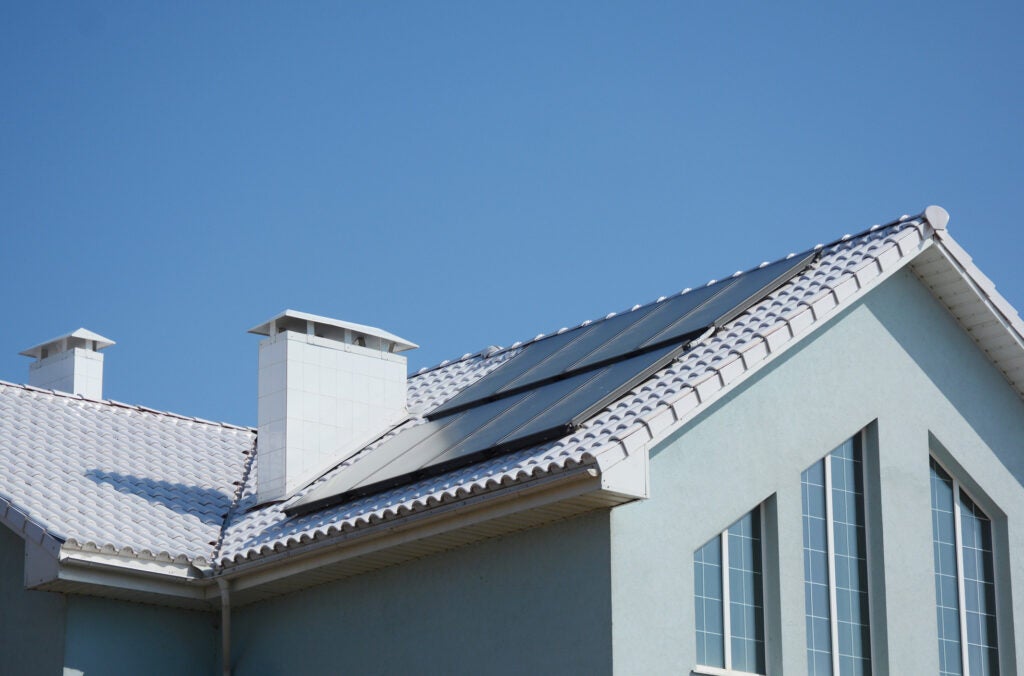
Northeast Workshop on Energy Policy and Environmental Economics Blog Series
Explore insights on a variety of topics from this year's Northeast Workshop on Energy Policy and Environmental Economics.
The below posts highlight research presented at the Northeast Workshop on Energy Policy and Environmental Economics, hosted this year at the University of Pennsylvania. The insights tackle topics from mineral rights, to tax offers, to electricity market structure.
Do Credit Constraints Explain the Energy Efficiency Gap?
Kevin Ankney
One explanation for consumer under-investment in energy efficiency is a lack of access to credit or high borrowing costs. Do high auto loan interest rates deter drivers from buying fuel-efficient cars?
Tax Substitution as Climate Policy for Hard-to-Decarbonize Sectors
Diego Cardoso
Reforming existing taxes offers an opportunity to start implementing decarbonization incentives without increasing the tax burden on industries.
Lessors of Two Evils
Rachel Feldman
Landowners in at least 39 U.S. states can be forced to lease their mineral rights in the name of efficiency and profitability. Does the loss of bargaining power pay off?
A More Cost-Effective Approach to Encourage Energy Conservation
Todd Gerarden and Muxi Yang
Energy conservation is viewed as a key pillar of climate change mitigation, but the impacts of past residential energy efficiency programs are hotly contested. Optimizing the design of these nudges can yield significant results.
Electricity Market Structure in Texas: Lessons for the Transition to Renewables
Christopher Holt
U.S. policy makers seek to meet wildly ambitious decarbonization targets at low cost. The Texas wholesale electricity market shows us that policies designed to meet these targets must take market concentration into account.
Can Local Participation Help Solve the Oil Curse?
Jonah Rexer
Nigeria’s oil industry has been plagued by corruption, violence, and mismanagement. With more multinational oil companies leaving the country and more indigenous private companies starting up, the industry is seeing more stability. But at what cost?






